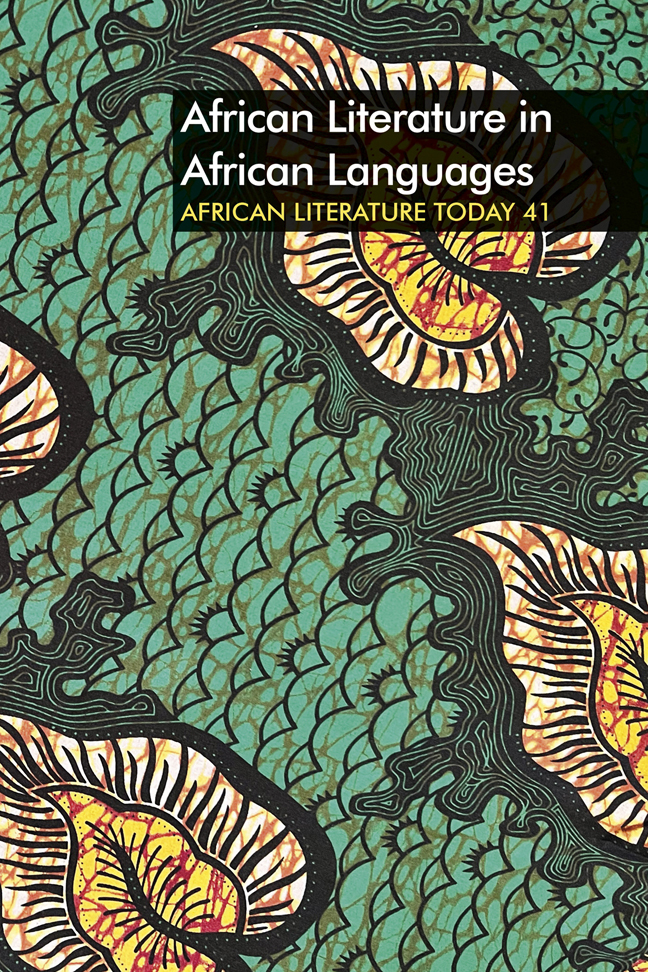Introduction: African Literature in African Languages: Orality and the Burden of Modernity
Published online by Cambridge University Press: 22 February 2024
Summary
A year after the much-celebrated ‘Conference of African Writers of English Expression’, which took place in Uganda in 1962, Obiajunwa Wali published a scathing article, ‘The Dead End of African Literature?’ in the journal Transition, in which he criticized the privileging of African literatures written in European languages over those in indigenous African languages, as evidenced by the category of African writers invited to the conference. Much has been made of his problematic attempt to define African literature and prescribe texts that fit the form, but Wali threw an important challenge to his readers towards the end of his short essay, stating: ‘What one would like future conferences on African literature to devote time to, is the all-important problem of African writing in African languages, and all its implications for the development of a truly African sensibility’ (Transition, 10 September 1963: 14). Central to this debate on the politics of language in African literature are two canonical essays by two of Africa's foremost novelists, ‘The African Writer and the English Language’ by Chinua Achebe and ‘The Language of African Literature’ by Ngũgĩ wa Thiong’o. These two texts, to which we shall return later, have come to represent, broadly, the two ‘tendencies’ writers and scholars of African literatures exhibit when debates about the languages of African literature are wont to erupt.
Sixty years have passed since that historic Makerere University conference in which indigenous African language literatures were conspicuously cast aside for those written in English or French. In the intervening years, discursive approaches such as postcolonialism, postmodernism, and world literature (Damrosch; Prendergast) have compounded the debate and stretched the binary/dichotomy between African (oral) literatures in indigenous languages and ‘modern’ African literatures in European languages or languages of the colonizers. Given the renewed interest in this abiding question of the language of African literatures in the context of decoloniality and the promotion of prizes to recognize and encourage writing in African languages and to kindle translation from, between, and into African languages, exemplified by the Safal-Cornell Kiswahili Prize for African Literature (see https://kiswahiliprize.cornell.edu), it is pertinent to return to Wali's submission and ask: What is the state of African literatures in African languages today?
- Type
- Chapter
- Information
- African Literature in African Languages , pp. 1 - 12Publisher: Boydell & BrewerPrint publication year: 2023

